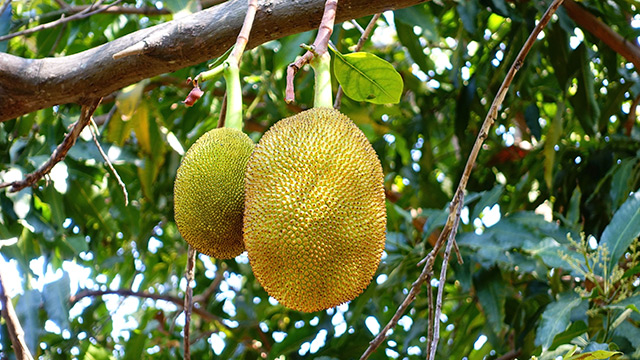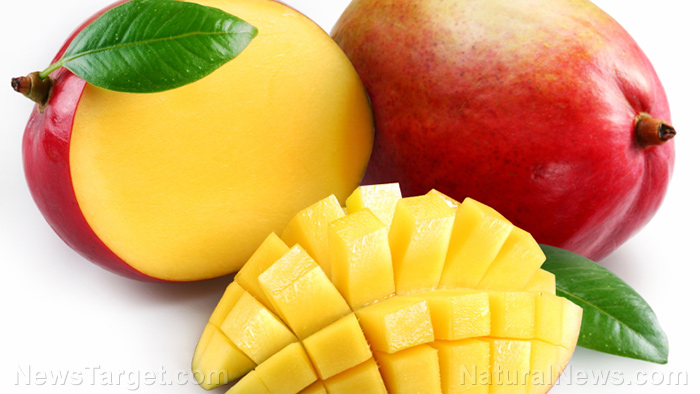Organic strawberries found to stop the growth of cancer cells
02/01/2019 / By Michelle Simmons

Berries have been widely studied for their potential health benefits, particularly their anti-cancer properties. Various studies have provided evidence that among berries, strawberries, organic ones, in particular, can fight against cancer.
In a study conducted by researchers from Sweden, it was revealed that extract from organic strawberries are especially effective at inhibiting cancer cell growth as they contained more antioxidants and a higher ratio of ascorbate compared to dehydroascorbate, its oxidized form. Extracts from organic strawberries were also more significantly effective in stopping cancer cell proliferation compared to extracts from conventionally-grown ones. (Related: Strawberries contain powerful anti-cancer medicines and have now been scientifically shown to prevent breast cancer.)
Berries are good dietary sources of vitamin C and fiber, and evidence shows that these two are the primary cancer-fighting components of berries. A report published in the American Institute for Cancer Research revealed that foods rich in vitamin C are likely to protect against esophageal cancer. On the other hand, foods rich in fiber have long been known to fight against colorectal cancer.
Strawberries are also particularly loaded with ellagic acid, a natural phenol antioxidant. Laboratory studies have shown that ellagic acid can help lower the risk of cancers of the bladder, breast, esophagus, lung, and skin.
Quercetin is another cancer-fighting component of strawberries. Research published in the Journal of Agriculture and Food Chemistry identified the means by which fruit extracts or their components work against human liver cancer cells. Out of all the compounds examined, quercetin was revealed to be the most active polyphenol, significantly decreasing cancer cell viability by up to 80 percent after only 18 hours of treatment. Additionally, effective cell death from strawberry extract was found to be dose- and time-dependent.
Quercetin is also a flavonoid that has anti-inflammatory, antiviral, and anti-cancer properties. Earlier research has associated this flavonoid to the prevention or slowing down of other forms of cancer, such as cancers of the ovaries, breast, colon, leukemia, and lung.
Moreover, strawberries and quercetin can decelerate the normal cell cycle before cell death, which suggests that these protective actions may take place together with the different phases of cancer cell development.
Why choose organic ones?
As you may have noticed, this article emphasized “organic” strawberries and not the conventionally-grown ones. Strawberries are naturally delicious and packed with antioxidants. However, if they are conventionally-grown, they may be actually harmful.
Strawberries may ward off cancer, but can be the cause of cancer if they are grown conventionally. This is because conventionally-grown strawberries are loaded with pesticides, which cancel out all the benefits you can get from eating strawberries. Furthermore, these pesticides are known carcinogens, or cancer-causing substances. A study published in the journal JAMA Network has also found a potentially harmful link between eating fruits and vegetables high in pesticides and having fertility problems.
In 2018, strawberries topped the Environmental Working Group’s (EWG) “Dirty Dozen” list of fruits and vegetables with the most pesticide residues for the third consecutive year. In the study, the EWG, a non-profit research group, reported that nearly a third of all strawberry samples had at least 10 pesticides. One sample even had 22 pesticide residues.
The study based its findings on almost 39,000 U.S. Department of Agriculture tests of 47 fruits and vegetables and found almost 70 percent of conventionally grown produce has pesticides and 98 percent of strawberries, peaches, nectarines, cherries, and apples have at least one pesticide.
Spinach ranked second on the list, followed by nectarines, apples, grapes, peaches, cherries, pears, tomatoes, celery, potatoes, and sweet bell peppers.
Read more news stories and studies on cancer prevention through healthy foods by going to PreventCancer.news.
Sources include:
Tagged Under: alternative medicine, berries, cancer, cancer cell, natural cures, natural healing, natural medicine, natural remedies, Organic, organic strawberries, Strawberries


















